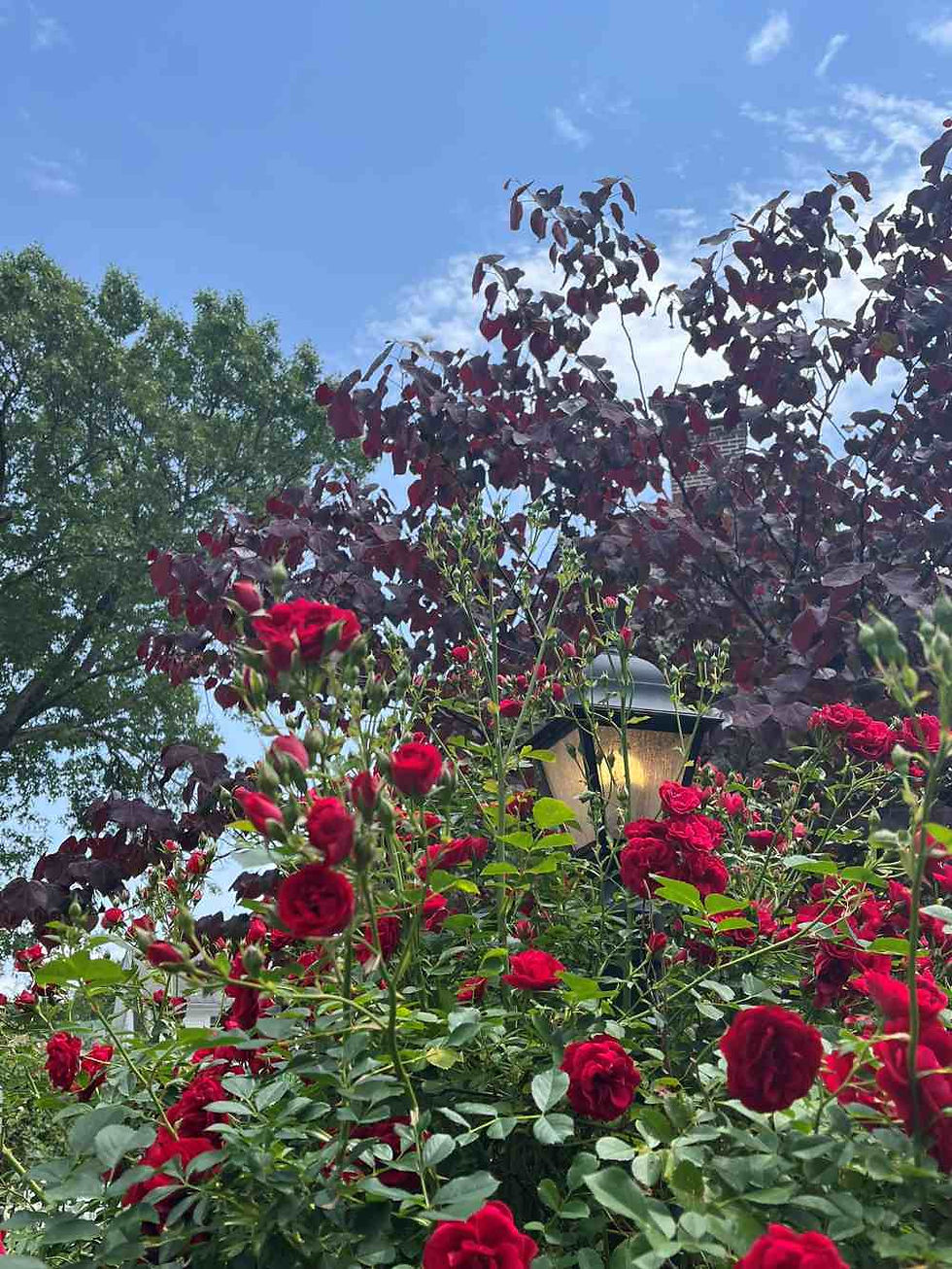Addicted to true crime, and I don’t want a cure
- LaCalaveraCat
- Mar 6, 2023
- 3 min read

Trigger warning: Graphic horror scene descriptions ahead!
I have about one episode left of Netfix’s three-episode true crime series, Murdaugh Murders: A Southern Scandal recounts the story of Murdaugh. (As an aside, why are Netflix true crime show titles always so repetitive, DAHMER – Monster: The Jeffrey Dahmer Story, anyone?) The name Murdaugh has been all over my social media timelines, so I had to check it out.
I have always been drawn to the spooky, the gothic, the macabre. I remember watching Jaws way too young and never wanting to go into the ocean again, watching Psycho and never wanting to take a shower again, and watching Children of the Corn and never wanting to…uh, I suppose walk through corn fields ever again. I can see there’s a pattern forming here. And even though I was terrified of the horrific images of legs ripped from the hip floating down from a broken boat hull or viscous blood circling round and round a bathtub drain, I still kept going back for more. And I didn’t stop at watching movies, I devoured Stephen King books not wanting to sleep a wink after reading Pet Cemetery. The way King described the fetid smell of the dead-cat-come-back-to-life still haunts my dreams.
Over time, my horror taste in movies morphed into foreign films like Audition, Let the Right One In, and The Vanishing (the original Dutch version from 1988, not the dreadful US remake -- at the time, it made Salon.com’s list of worst remakes of all time).
The Vanishing (Spoorloos in the original Dutch) had that kind of grainy true crime cast to it that I suppose should have foreshadowed my eventual addiction. I was always a fan of regular documentaries like Fast, Cheap, and Out of Control (who knew naked mole rat researchers could be so fascinating), but I did eventually drift toward darker documentaries like Paradise Lost (the detailed story of the West Memphis 3 and insight into the satanic panic that spilled over from the 1980s). Over time, that interest spilled into more true crime documentaries like Serial Season 1 (about the murder of Hae Min Lee and her boyfriend Adnan Syed) and then into full podcasts like Morbid and Crime Junkies.
I know that there is a backlash against true crime, with articles decrying the exploitation of Netflix “docudramas” like the Jeffery Dahmer series. I have to admit that I avoided that show and the other true crime dramatizations. I think those fictionalizations of what is supposed to be “true” in the true crime drama removes one of those major frisson elements -- that what you are reading, hearing as you listen to the people, investigators, friends, and family members who were all impacted by the murders is very real. I’m also a bit uncomfortable with all of the backlash given that such a large percentage of true crime consumers are women. We don’t see this level of scrutiny given to sports consumers who watch sports rife with domestic violence perpetrators.
I like what Kate Tuttle had to say about the true crime phenomenon in the New York Times:
“And yet, in the best true crime there’s a quality of the fairy tale or fable: a simple story that reveals powerful, complicated truths. “Hansel and Gretel” is a true-crime story: Their father and stepmother abandon them; the witch tries to murder them. Why do children love that scary tale? Because the fear is a thrill, because they can imagine themselves in the same situation and they like the useful advice about bread crumbs and white pebbles. And because in the end justice is served — evil is vanquished and the lost children make their way home.” Kate Tuttle, The New York Times, July 16, 2019.
Having just typed that, I realized that the date that story was published was my sister’s birthday. My sister passed away many years ago from cancer, and the horror of that experience is something that will never leave me.
My addiction to true crime is a complicated addiction. At times, it does feel like I’m participating in something exploitative, but humans have been reading about horror and scaring themselves with ghost tales for hundreds of years. They have been audiences to horror for even longer. I suppose humans have always been drawn to the macabre, to the dark. It’s what makes us feel OK with being alive; we’re OK dealing with our own horrors because we know that there is someone there to witness it, wrap it up, make sense of it, even if it is just ourselves.



Comments